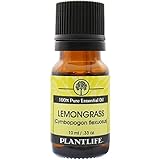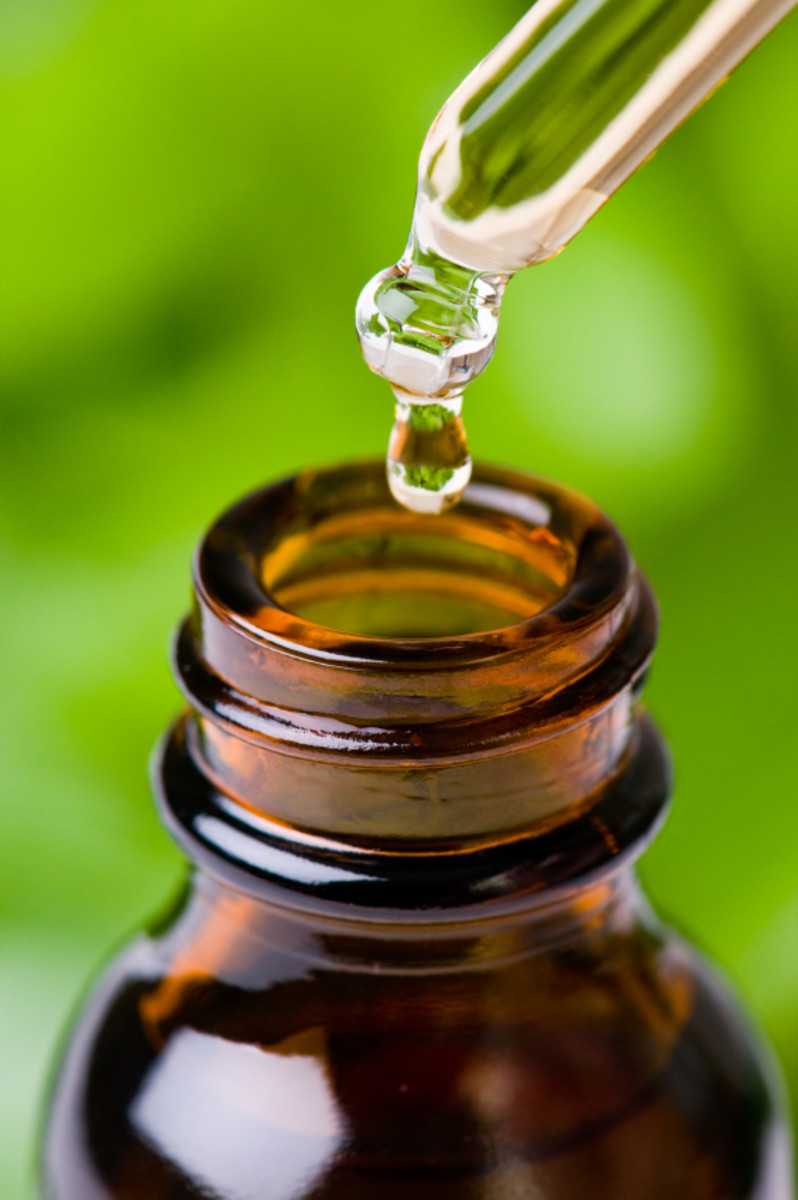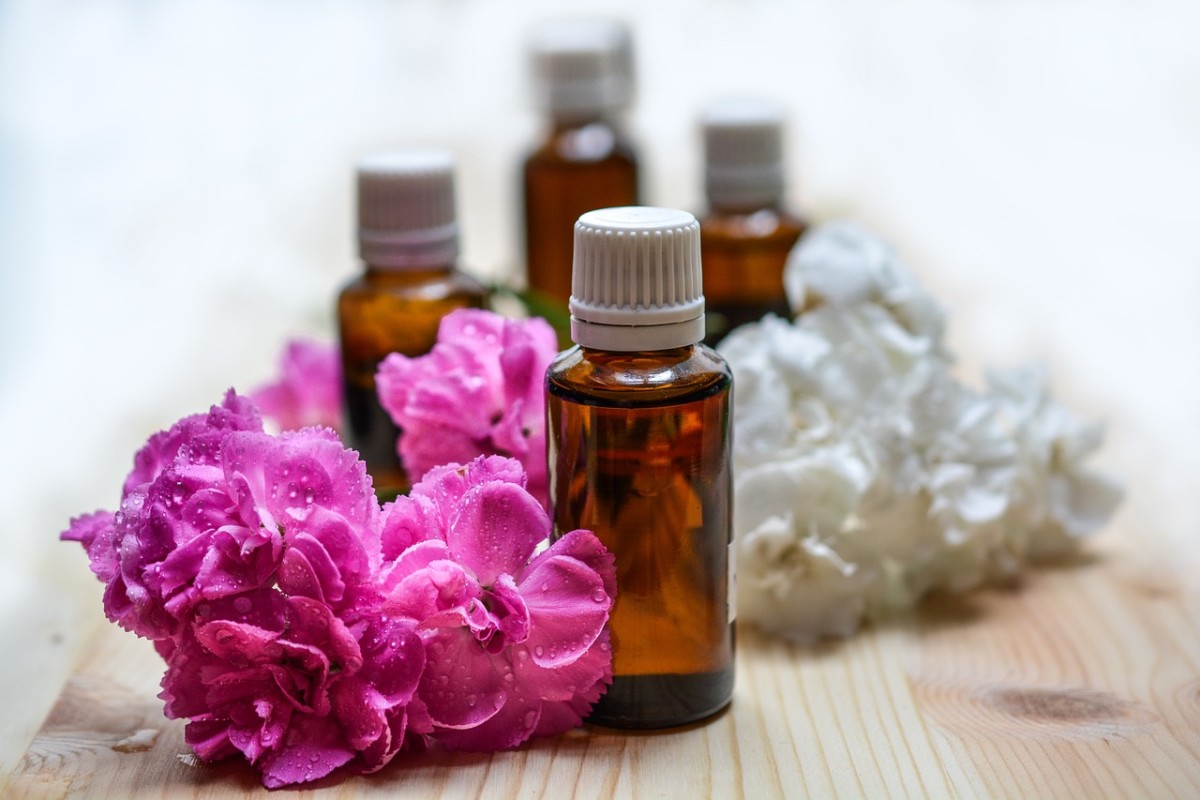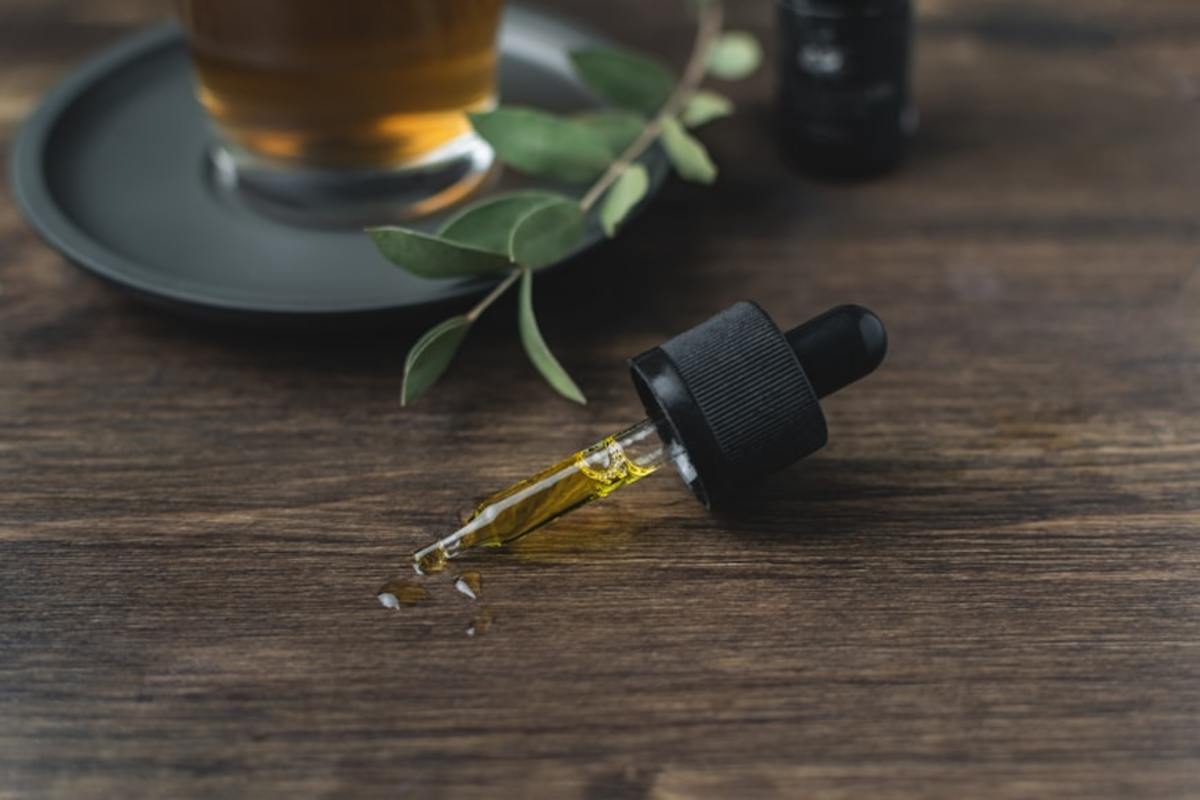- HubPages»
- Health»
- Alternative & Natural Medicine»
- Aromatherapy
Lemongrass oil: the aromatherapy and health properties of lemongrass essential oil
Introduction
Categorised by its botanical name andropogon citratum within the cymbopogon genus, lemongrass is a soothing and relaxing essential oil with many uses and benefits.
Cymbopogon translates from Greek to mean “boat” and “beard,” which describes this plant's boat-shaped leaves that collectively look similar to the shape of a beard.
Historical studies of lemongrass have found that cymbopogon genus consists of around 55 different species, which are almost entirely native to the southern regions of Asia and Australia.
This article looks at the aromatherapy properties and health benefits of lemongrass oil, and tells you a bit about how it works, and how it is used. It also considers historical and folk medicine uses for lemongrass essential oil.


Historical Use of Lemongrass Essential Oil
Both in modern and historical times, lemongrass oil has been used in teas, perfumes, deodorants, and aromatherapy.
Studies show that Cuban folk medicine uses lemongrass for treating hypertension and inflammation.
Additionally, Brazilian folk medicinal practices included lemongrass in a tea to bring about sleepiness or sedative effects. This tea was commonly also used for the treatment of fevers and gastrointestinal complaints.
Furthermore, additional research has found that emongrass was once used in traditional Indian medicine practices, curing illnesses, infections, and fevers.
Lemongrass Oil Health Benefits
Offering a variety of positive benefits, lemongrass essential oil has been known to treat common ailments, such as:
Insect repellent
Deodorant
Athlete's foot
Toning and enhancement of tissues
Headaches
Reduction of muscle pain and aches
Reduced signs of exhaustion, anxiety, tension, and / or stress
Helps alleviate fatigue with its ability to increase circulation
Reduced pain associated with respiratory problems and / or sore throat / laryngitis
Prevention of ticks / lice in pets
Alleviates excessive perspiration
A recent study also showed that the active ingredients in lemongrass appear to target malignant cancer cells in a laboratory setting.
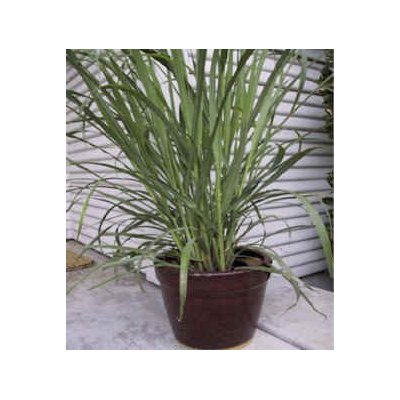
Lemongrass Oil and Aromatherapy
Lemongrass essential oil is a useful one for aromatherapists, and as an ingredient in aromatherapy products. As lemongrass oil has a calming aroma that smells like a mixture of lemon and rose, studies show that lemongrass can be an effective tool for reducing stress-related symptoms.
In aromatherapy massage, therefore, lemongrass oil is often used in an aromatherapy mixture designed to relieve stress and calm the nerves. Aromatherapy products frequently blend lemongrass with lavender, jasmine, and geranium essential oils, among others.
Specifically, a recent study in India has found that lemongrass may help stimulate a sedative response in the central nervous system; as a result, the body's overall feelings of tension, anxiety, and chaos can be soothed and relieved.
With its rejuvenating powers, many individuals use lemongrass oil to reduce problems associated with jet-lag, concentration, headaches, and other fatigue-related symptoms.
Additionally, lemongrass essential oil is often used as a general body tonic through its ability to stimulate the body's glandular responses; this benefit allows the body to recover from illnesses and feel invigorated with greater efficiency. Aromatherapy products therefore sometimes use lemongrass oil for a general system-boosting effect.
How to Use Lemongrass Oil
Depending on the specific purpose for which he intends to use it of lemongrass essential oil, a consumer can chose from a variety of methods.
Commonly, lemongrass oil that is specifically created for consumption (food-grade oil) can be added to water. Generally, people will mix 1 to 2 teaspoons of lemongrass essential oil with approximately 6 ounces of hot water. This combination can provide individuals with a powerful well-being and anti-inflammatory tea.
On the other hand,
if seeking calming lemongrass benefits with a bath or beauty product,
or for its aromatherapy properties, lemongrass oil can also be used in the following ways
Use of an aromatherapy products containing lemongrass pre-mixed in;
Adding the essential oil yourself to a massage oil or lotion and applied to the skin, as some lemongrass beauty products aim to reduce signs of acne, oily skin, and cellulite
Combined with warm bathwater
Added to a cleanser for reduced signs of wrinkles and aging
- lemongrass sheet excerpted from Aromatherapy
- Lemongrass information
Encyclopedia.com has Lemongrass articles, video and information
Potential Dangers of Lemongrass Oil
While lemongrass essential oil can be used to stimulate mental, aromatherapy and physical benefits, individuals should always take caution before using any treatment. When used in various application methods, some people have reported side effects such as:
Burning sensation(s)
Reduced blood glucose (specifically problematic for diabetic patients)
Rise in pancreatic tests
Rise in liver function tests
Irritation, discomfort, and / or rash
With these potential side effects, peoplewith the following medical conditions should avoid using lemongrass essential oil:
Individuals taking oral diabetes drugs
Individuals taking anti-hypertensive drugs
Individuals taking p450 enzyme-related drugs and / or herbs / supplements with similar effects
Individuals with diabetes and / or individuals who are hypoglycemic
In addition, to avoid any reactions, people should be sure that they are not allergic to lemongrass prior to using any type of lemongrass oil.
Although allergic reactions are rare, people can consult with their doctors, or perform a small skin-area test to verify any potential allergenic response.
For a skin-area test, simply apply a small amount of lemongrass oil to a small area of skin. After a 24 hour period, check the tested area to see if any irritation has occurred.

